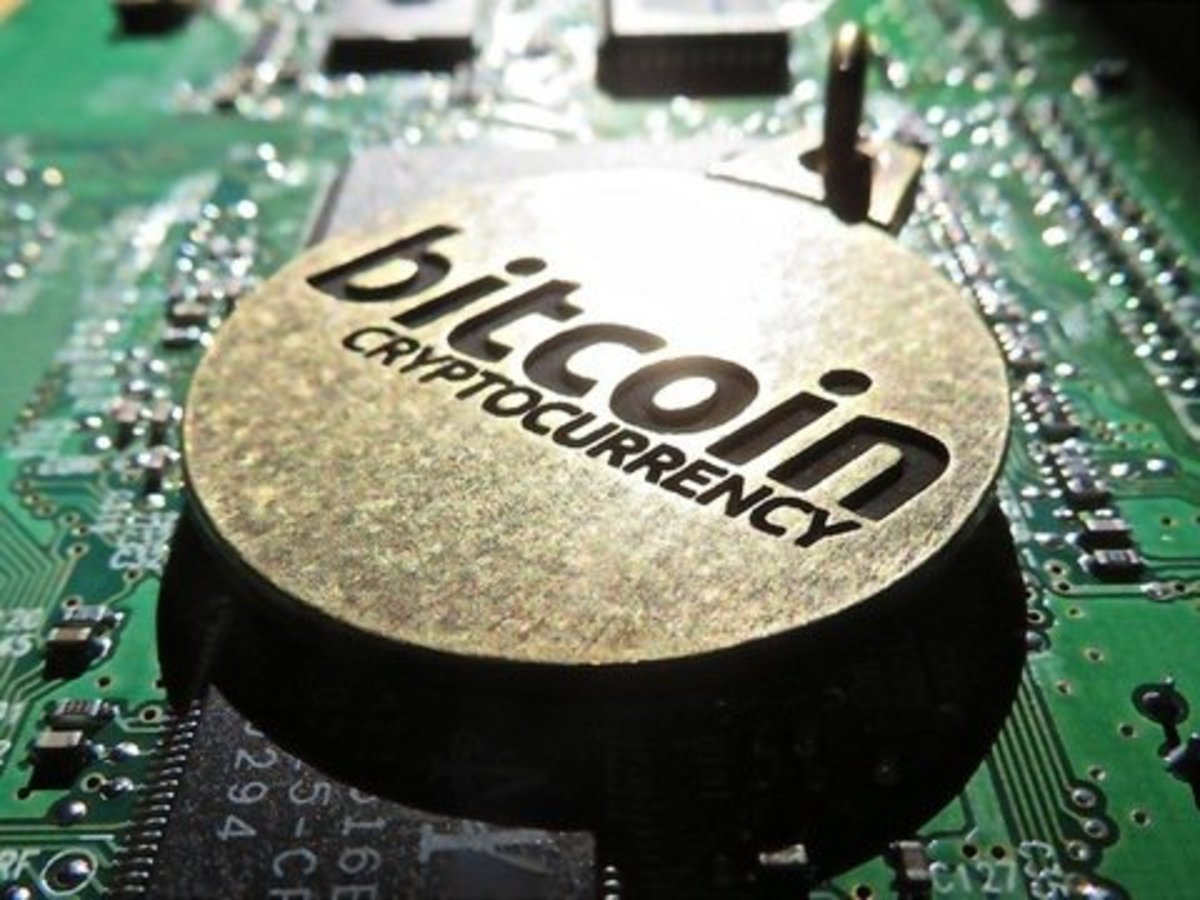One ASIC manufacturer is facing some real legal troubles because customers never received the Bitcoin mining rigs they ordered.
HashFast, maker of the Baby Jet mining rigs, failed to deliver on customers’ orders, and now some customers are planning to take the company to court.
As we reported back in September, HashFast made some pretty strong guarantees. Among these was the promise of a full refund on orders not delivered by the end of December.
From the company’s terms of service:
“HashFast guarantees that all ‘Baby Jet’ units from our first production batch will be delivered by 31st December 2013. If Buyer ordered one or more Baby Jet units, and HashFast does not deliver such units by that date, then Buyer may at his or her discretion, cancel the undelivered portion and HashFast will issue a full refund the payment for the units that Buyer purchased but did not receive and cancelled.”
Here’s the thing: Customers who paid in Bitcoins back in August and September put down a whopping 45 BTC for the $5,600 mining rigs. No amount of Bitcoin mining with these machines could have earned more money than simply holding onto those 45 BTC, which would be worth more than $40,000 at the time of writing.
HashFast is offering refunds in USD.
This is a problem for customers, who could reasonably argue that they suffered massive losses as a result of non-delivery. They want their Bitcoins back.
This gets into a legal grey zone, though, because while the United States Federal Trade Commission has protocols for refunded payments made by cash, check or credit card, there is nothing in the US legal code that deals with Bitcoin refunds.
It is not clear yet whether this case will make it to court. If it does, though, watch out, because it could force a state or federal judge to establish policy on Bitcoin transactions.










